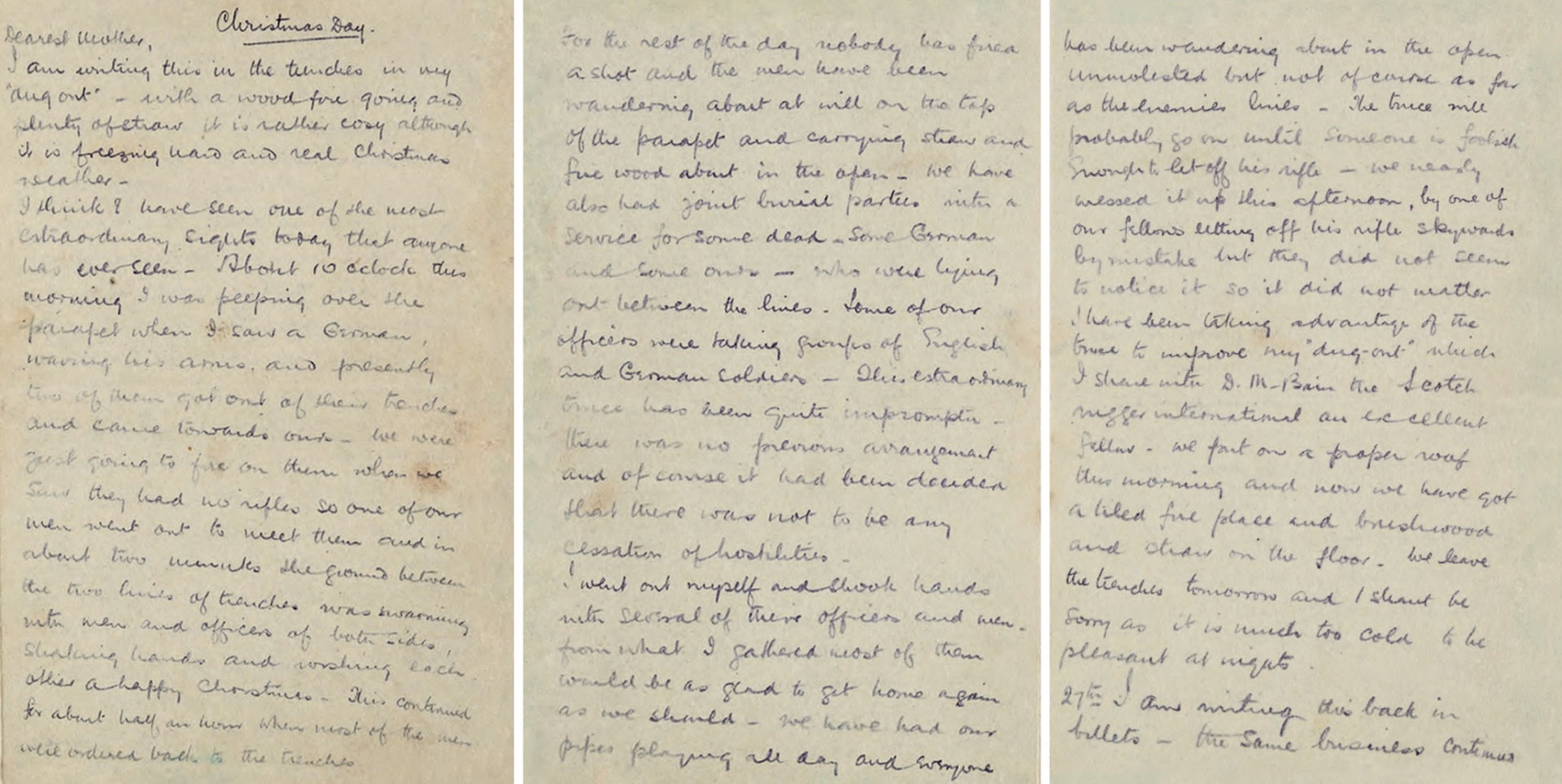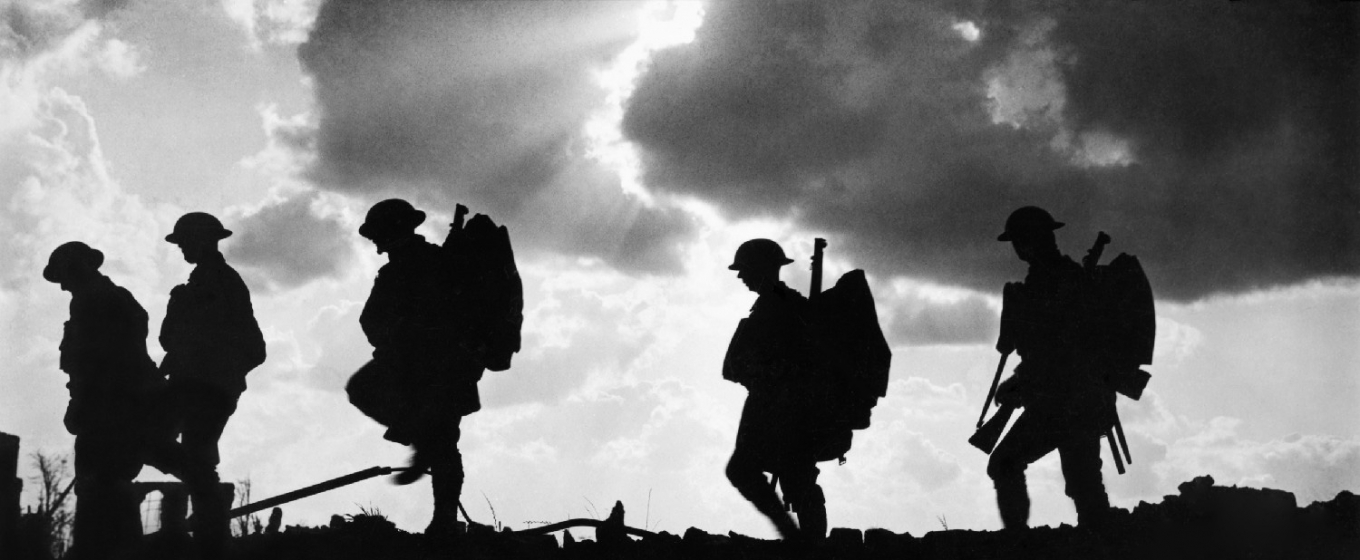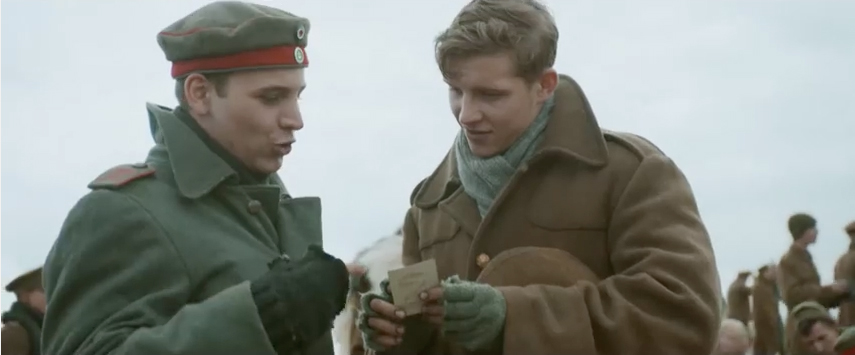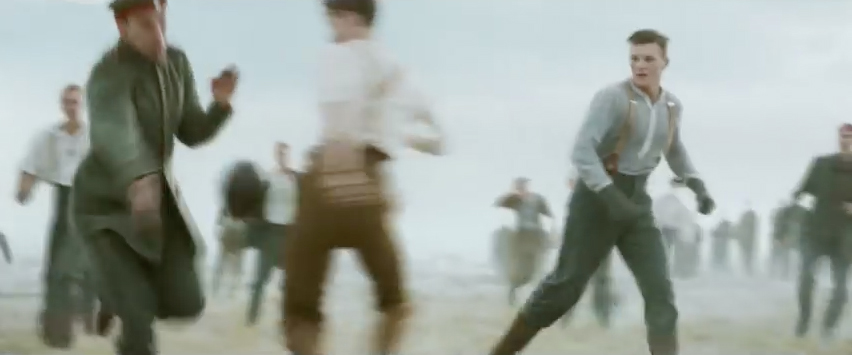 From the Guardian:
From the Guardian:
It was penned 100 years ago in the freezing trenches of the western front; a letter from a British army officer to his mother describing in vivid detail the extraordinary Christmas truce as soldiers from both sides laid down their weapons.
Second Lt Alfred Dougan Chater, of the 2nd Gordon Highlanders, writes of the moment when the men met in no-man’s land, exchanging souvenirs and cigars as impromptu truces were held along parts of the front between Christmas and New Year, with joint burial parties for the dead.
The letter has been reproduced by the Royal Mail, with permission from the Chater family, to mark the anniversary of the historic truce and the role played by the postal service during the first world war.
Remarkably, Dougan mentions nothing about Sainsbury’s or having a Sainsbury’s branded experience of the truce that day in 1914.
Dated Christmas Day and signed “Dougan”, the letter reads: “Dearest Mother, I am writing this in the trenches in my ‘dug out’ – with a wood fire going and plenty of straw it is rather cosy, although it is freezing hard and real Christmas weather.
“I think I have seen today one of the most extraordinary sights that anyone has ever seen. About 10 o’clock this morning I was peeping over the parapet when I saw a German, waving his arms, and presently two of them got out of their trench and came towards ours.
“We were just going to fire on them when we saw they had no rifles, so one of our men went to meet them and in about two minutes the ground between the two lines of trenches was swarming with men and officers of both sides, shaking hands and wishing each other a happy Christmas.
“This continued for about half an hour when most of the men were ordered back to the trenches. For the rest of the day nobody has fired a shot and the men have been wandering about at will on the top of the parapet and carrying straw and firewood about in the open – we have also had joint burial parties with a service for some dead, some German and some ours, who were lying out between the lines.”
He writes of shaking hands himself with several of the German officers and subsequently describes another “parley with the Germans in the middle” where cigarettes and autographs were exchanged and “some more people took photos”.
Watch the Sainsbury’s 2014 Christmas commercial ‘Christmas is for sharing’ and read my post about it here, or listen to what Russell Brand thinks of it here.
For some real, unbranded history, visit the First World War galleries on the Imperial War Museum’s website.







